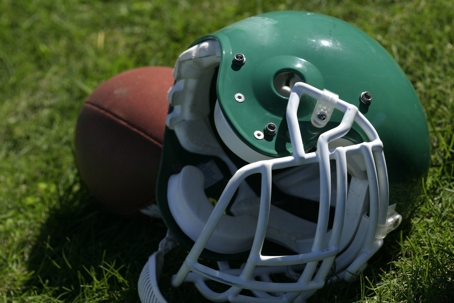Sports activities help children and adolescents stay healthy and active, learn good sportsmanship, build self-confidence, and foster friendships with their teammates. However, it’s an unfortunate reality that sports and other reactionary activities are one of the leading causes of brain injuries among youth.
April is National Youth Sports Safety Month, which provides a time to spread awareness about how parents, coaches, and young athletes can reduce the risk of injuries. Below, we discuss the prevalence of sports-related head injuries and how to recognize the warning signs.
Common Sports Activities that Result in TBI
While sports and recreational activities account for 10% of traumatic brain injuries (TBI) sustained in the U.S. for all age groups, they account for 21% of all TBIs sustained by children and adolescents.
According to data collected by the U.S. Consumer Products and Safety Commission (CPSC), here are some of the most common recreational activities that lead to brain injuries in young people, in order from the highest to lowest number of incidences:
- Cycling
- Football
- Baseball/softball
- Basketball
- Powered recreational vehicles (dune buggies, go-carts, mini bikes, etc.)
- Soccer
- Skateboards
- Exercise equipment
- Horseback riding
- Golf
- Hockey
- Trampolines
- Rugby/lacrosse
- Skating
- Playground equipment
The Dangers of Repeated Concussions
A concussion is a type of mild traumatic brain injury and accounts for a majority of all sports-related TBIs. While most concussions completely heal with time and rest in a few weeks, others may lead to longer adverse effects. Post-concussion syndrome is defined as the presence of persistent concussion symptoms for at least a period of three months; some symptoms may include:
- Confusion
- Headaches
- Memory loss
- Nausea and vomiting
- Ringing ears
- Difficulty concentrating
- Sleep disturbances
- Irritability
- Excessive fatigue
Additionally, repeated concussions can also lead to longer recovery times or even permanent brain damage, which may result in cognitive, behavioral, or emotional deficits.
If your child suffered a sports-related injury of any kind, our Waco injury attorneys are ready to review your case for free and advise you on any legal rights you may have. The Law Offices of Vic Feazell has been representing those injured throughout Texas for many decades, and we will work hard to ensure that you or your loved ones obtain the compensation you deserve.
Get in touch with our legal team at (254) 938-6885. We are available 24 hours a day, 7 days a week and offer free, personalized case reviews.

